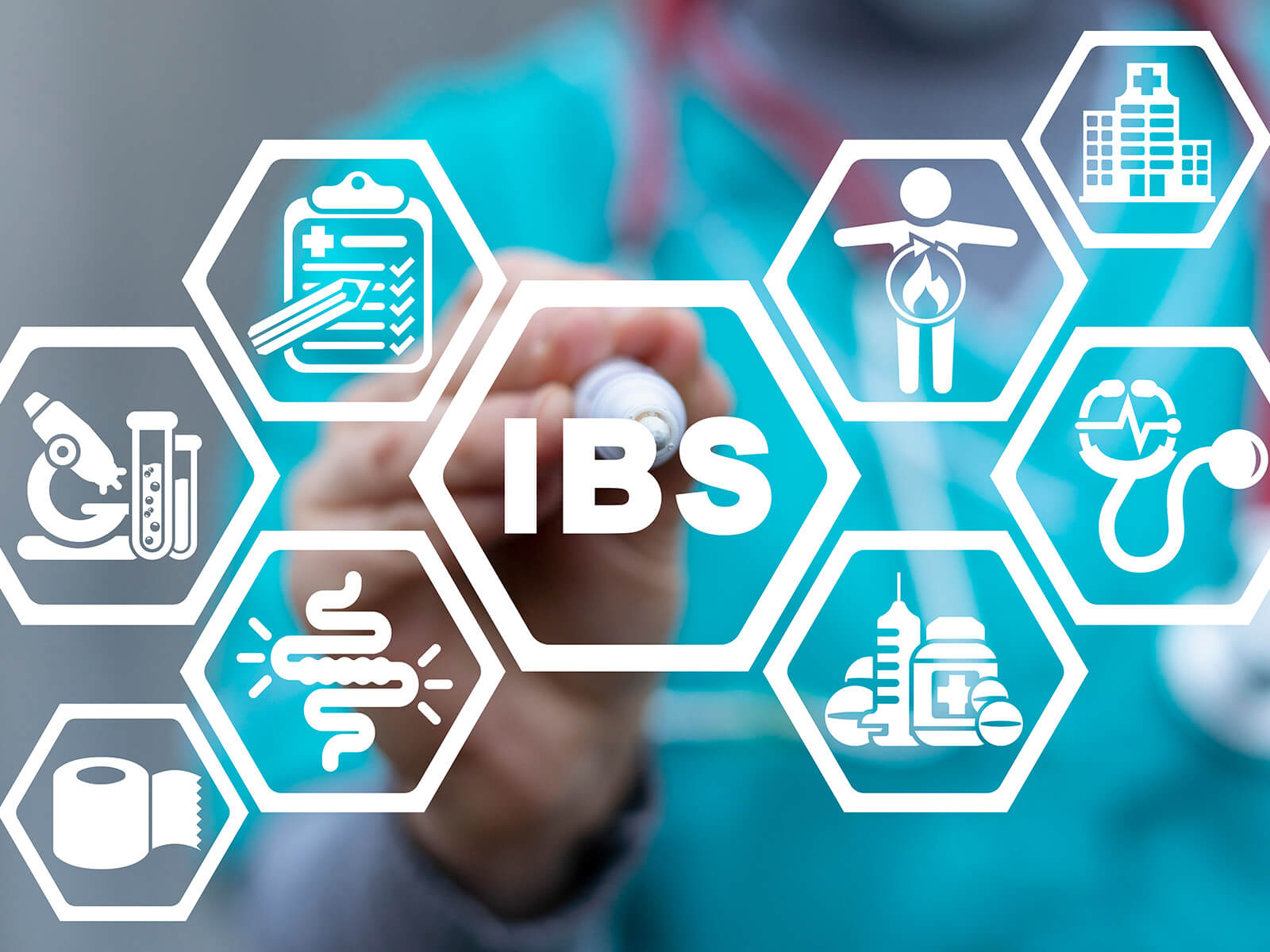
The Irritable Bowel Syndrome (IBS) is an intestinal disorder that is very common and it manifestes as a bowel movement disturbance. IBS patients typically report many cases of belly pains, discomfort, and bowel movements diarrhea, constipation, or both. Spaniards are the Syndrome del intestino irritable. It is coded K58 based on ICD-10 system (K58.0 K58.1: IBS with diarrhea, constipation respectively).
The IBS symptoms tend to vary rather changeably and tends to appear and vanish. Typical signs include:
The exact pathology of the IBS still cannot be fully clearly understood yet, but there are also several possible causes:
In a newly established place of GastroDoxs in Houston we are combining the design-furnished IBS management and known dietary, medical and lifestyle techniques to help you to relax in the longrun. Our need based gastroenterology family applies to listen to you problems and to customize your diagnosis, to prescribe a course of treatment that is appropriate to your genetic makeup, and to prescribe a course of treatment that you can follow and that is conducive in the process. Don’t hang about with IBS continue enjoying the book of life you are making today and go to the business of running your gut.
We've successfully treated more than 6K patients, helping individuals improve their digestive health and overall well-being through expert, personalized care.
With over 20 years of experience, GastroDoxs has been a trusted provider of gastroenterology care, focusing on delivering the best outcomes for patients
K58 is the ICD -10 of Irritable Bowel Syndrome. In case of diarrhea dominated it is coded to K58.0 whereas constipation dominated it is K58.1.
Dietary measures like the intake of excessive soluble fiber and low-FODMap strategy can significantly reduce the symptom of the irritation caused by IBS with medication or alternative interventions often being necessary to lots of people.
The fatty or fried foods, coffee, alcohol, beans, onions and the dairy products are some of the common triggers. Each individual is unique and one will have a personal response towards something and it is therefore important to have a food journal.
Yes. Fiber supplements (psyllium), anti-diarrheal drugs, including loperamide, and peppermint oil in capsules to help cramp are commercial over the counter products.
Absolutely. The gut-brain may also affect communication, thus worsening IBS symptoms as the stress and anxiety affect it. Such methods as mindfulness, yoga or counseling can enhance symptom control.
Vernacular ingredients like ginger tea, fennel seed water, and Ajwain (carom seeds) tea may receive potentially usable in the alleviation of bloating and gas even though not all the effects are consistent across the board.
IBS is a functional disease, which is related to pain and disruption of bowel functions with no apparent inflammation. IBD, (inflammatory bowel disease), which entails Crohn or ulcerative colitis involves the real inflammation and the real destruction in the bowel lining.
Yes. The IBS may occur in children and adolescents. A children gastroenterologist can investigate to define what the symptoms are to prescribe the correct course of action.
The visit to a gastroenterology physician in Houston is linked with faster seeings, a made-to-order treatment precariousness created within a locality in a community context, and an omnipresent follow-up of the Ga